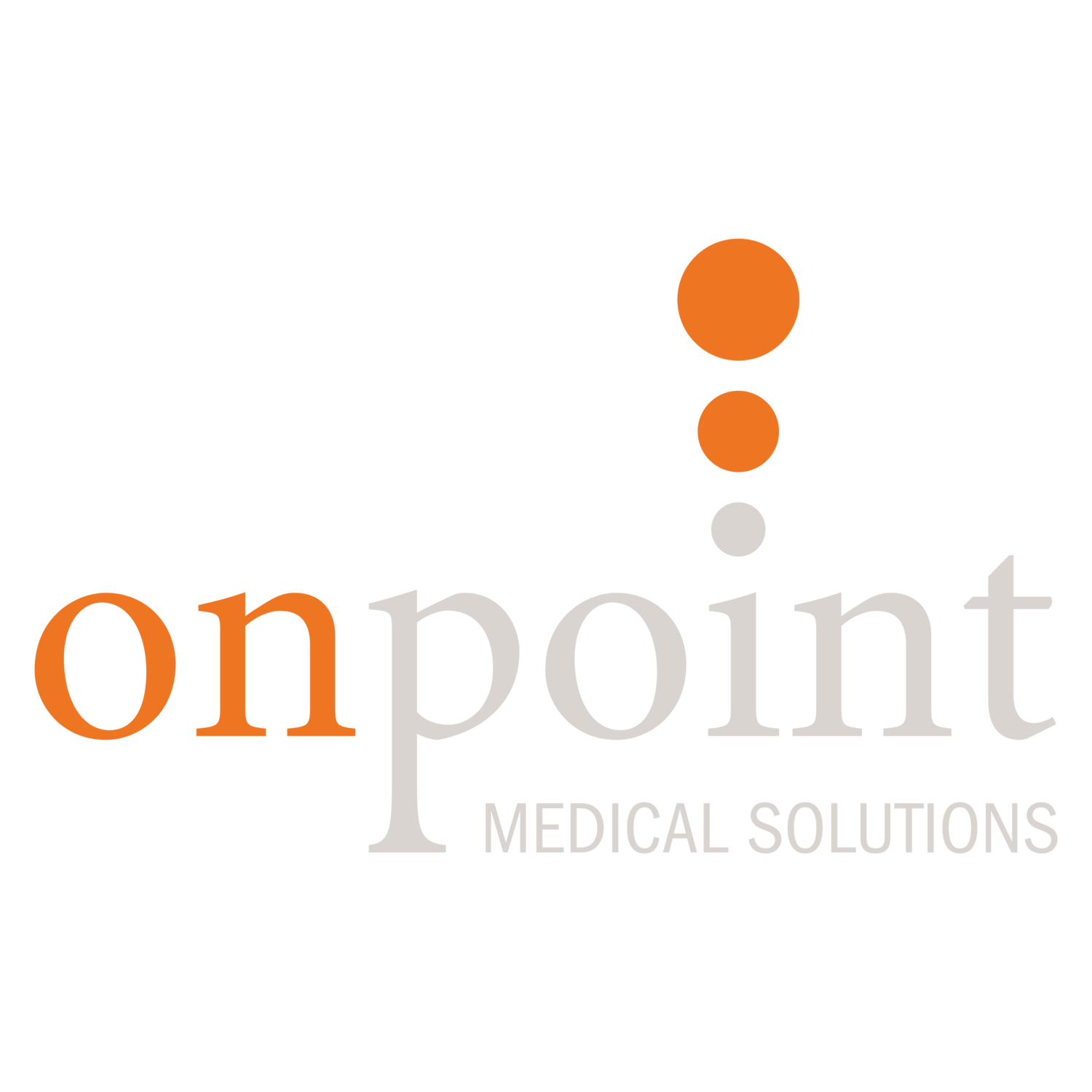What are the Benefits of Web-based Medical Billing Services?
In today's rapidly evolving healthcare landscape, medical billing is a critical process that requires efficiency, accuracy, and adaptability. Traditional paper-based billing systems are increasingly being replaced by web-based medical billing services, bringing many benefits to healthcare providers. In this blog, we will explore the advantages of utilizing web-based medical billing services and how they can streamline the billing process, enhance revenue cycles, and improve overall practice management.
1. Increased Efficiency and Accuracy
Web-based medical billing services eliminate the need for manual data entry and paperwork, significantly reducing the potential for human errors. With automated coding and billing processes, these services ensure accurate claims submission, reducing the likelihood of billing errors and claim rejections. This, in turn, saves healthcare providers time and effort, allowing them to focus on patient care instead of administrative tasks.
2. Improved Revenue Cycle Management
Efficient revenue cycle management is crucial for the financial health of healthcare practices. Web-based medical billing services help optimize revenue cycles by accelerating claim submission and reducing payment delays. They provide real-time visibility into claims status, allowing providers to track claims, identify bottlenecks, and address any issues promptly. With quicker claim processing and improved cash flow, healthcare providers can better manage their finances and reinvest in their practice's growth.
3. Enhanced Compliance and Security
Maintaining compliance with healthcare regulations, such as HIPAA, is paramount. Web-based medical billing services are designed to adhere to the highest security standards to protect patient data. They employ advanced encryption techniques, robust firewalls, and secure servers to safeguard sensitive information. Additionally, these services ensure compliance by automatically updating billing codes and rules, minimizing the risk of coding errors and non-compliance.
4. Accessible and Transparent Data
Web-based medical billing services provide healthcare providers easy access to comprehensive billing data and analytics. They offer customizable dashboards and reports that allow providers to monitor key performance indicators, such as claim acceptance rates, average reimbursement time, and revenue trends. This data empowers providers to make informed decisions, identify areas for improvement, and optimize billing processes for better financial outcomes.
5. Seamless Integration and Scalability
One of the significant benefits of web-based medical billing services is their ability to seamlessly integrate with other practice management systems, such as electronic health records (EHR) and scheduling software. This integration eliminates duplicate data entry, enhances workflow efficiency, and ensures data consistency across systems. Furthermore, web-based billing services can quickly scale with the practice's growth, accommodating increased patient volume and expanding service offerings.
Web-based medical billing services offer healthcare providers numerous benefits, ranging from increased efficiency and accuracy to improved revenue cycle management and data accessibility. By embracing these services, healthcare practices can streamline billing processes, reduce administrative burdens, and focus on delivering high-quality patient care. With the ever-changing healthcare landscape, web-based medical billing services provide a cost-effective and adaptable solution to meet the evolving needs of healthcare providers, ultimately contributing to the overall success of their practice.

